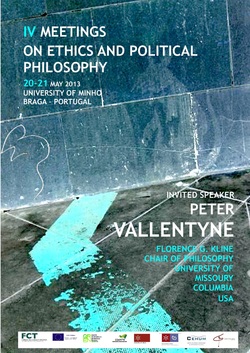Entrevista com o polêmico economista João Ferreira do Amaral. Antigo combatente das medidas de austeridade na zona do euro, o economista publicou o livro-panfleto "Porque devemos sair do Euro" - o mais novo best-seller português.
Enquanto isso, o não-tão-polêmico economista norte-americano Paul Krugman resenhou os livros de Mark Blyth ("Austerity: the history of a dangerous idea") e David Stockman ("The Great Deformation: The Corruption of Capitalism in America") para a NY Books.
In normal times, an arithmetic mistake in an economics paper would be a complete nonevent as far as the wider world was concerned. But in April 2013, the discovery of such a mistake—actually, a coding error in a spreadsheet, coupled with several other flaws in the analysis—not only became the talk of the economics profession, but made headlines. Looking back, we might even conclude that it changed the course of policy.
Why? Because the paper in question, “Growth in a Time of Debt,” by the Harvard economists Carmen Reinhart and Kenneth Rogoff, had acquired touchstone status in the debate over economic policy. Ever since the paper was first circulated, austerians—advocates of fiscal austerity, of immediate sharp cuts in government spending—had cited its alleged findings to defend their position and attack their critics. Again and again, suggestions that, as John Maynard Keynes once argued, “the boom, not the slump, is the right time for austerity”—that cuts should wait until economies were stronger—were met with declarations that Reinhart and Rogoff had shown that waiting would be disastrous, that economies fall off a cliff once government debt exceeds 90 percent of GDP.
Indeed, Reinhart-Rogoff may have had more immediate influence on public debate than any previous paper in the history of economics. The 90 percent claim was cited as the decisive argument for austerity by figures ranging from Paul Ryan, the former vice-presidential candidate who chairs the House budget committee, to Olli Rehn, the top economic official at the European Commission, to the editorial board of The Washington Post. So the revelation that the supposed 90 percent threshold was an artifact of programming mistakes, data omissions, and peculiar statistical techniques suddenly made a remarkable number of prominent people look foolish.
